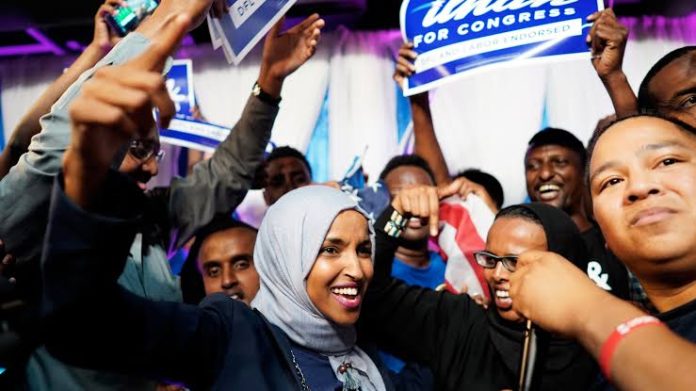Facebook Twitter (X) Instagram Somali Magazine - People's Magazine
In the recent presidential election, Somali and other Muslim in Minnesota communities, traditionally Democratic, demonstrated a shift in their voting patterns. Economic concerns, family-centered values, and the U.S. position on the Israel-Gaza conflict were primary factors behind this change. For many voters, Democratic responses to the crisis in Gaza did not align with their expectations, prompting them to explore other parties, including the Green Party and Republican candidates. This shift impacted Democratic margins in certain races, raising questions about future political engagement in the Somali Minnesotan community.
Minesota Voter Concerns
The economic challenges, including inflation and housing affordability, were pressing issues for Somali voters. Many felt that Democratic policies had not sufficiently addressed these needs, especially for lower-income families. Additionally, Somali families valued traditional social structures, and some expressed that certain Democratic policies conflicted with these values.
Middle East Policy and Its Impact
A major factor was the U.S. stance on the Israel-Gaza conflict. Many Somali voters were dissatisfied with the Democratic Party’s handling of the crisis and felt that it did not align with their perspective on justice in Palestine. The Council on American-Islamic Relations (CAIR) noted that discontent with Middle East policies had reached new heights, contributing to the trend of Somali Minnesotans exploring other political options.
Growing Green and Republican Party Support
In Minneapolis, which has a significant Somali population, Democratic margins were visibly reduced as many Somali voters looked toward the Green Party and Republican candidates. The Green Party’s progressive stance on issues like foreign policy resonated with some Somali voters. Meanwhile, others were drawn to the Republican Party’s more conservative stances on social values and economic policies.
Future Implications for Somali Political Engagement in Minnesota
This shift highlights potential changes in Somali Minnesotan voting trends. Historically, Minnesota’s Democratic-Farmer-Labor Party has received strong support from Somali voters, but recent developments suggest a diversification in political affiliations that could impact future elections. Somali leaders have expressed that politicians may need to engage more actively with the community to address these concerns.

